Modular construction is one of the most significant advancements in housebuilding in recent years. In the 2017 Autumn Budget, the chancellor announced that the government would aim to prioritise modern methods of construction over traditional housebuilding by 2019.
Robin Dabydeen Winckworth Sherwood
However, as modular construction begins to play a bigger role in the property industry, new legal issues are emerging and are in need of negotiation. With this year’s Budget looming, the government now needs to deliver a framework for offsite building.
While VAT might not spring to mind when considering the feasibility of a modular construction project, a legal quirk known as the ‘golden brick’ rule makes it a crucial factor for developers and housing associations.
The golden brick rule relates to zero-rate VAT treatment, and can have significant impacts on the cost and viability of modular schemes.
Zero-rate VAT: the gold standard
The sale or lease of land for residential buildings is generally VAT exempt. While this policy is designed to help make land available for development, it often means that suppliers and developers aren’t able to recover related VAT costs. Therefore, these groups often proactively make VAT options to allow VAT to be charged on their sale or lease of land in order to reclaim the costs incurred on a project.







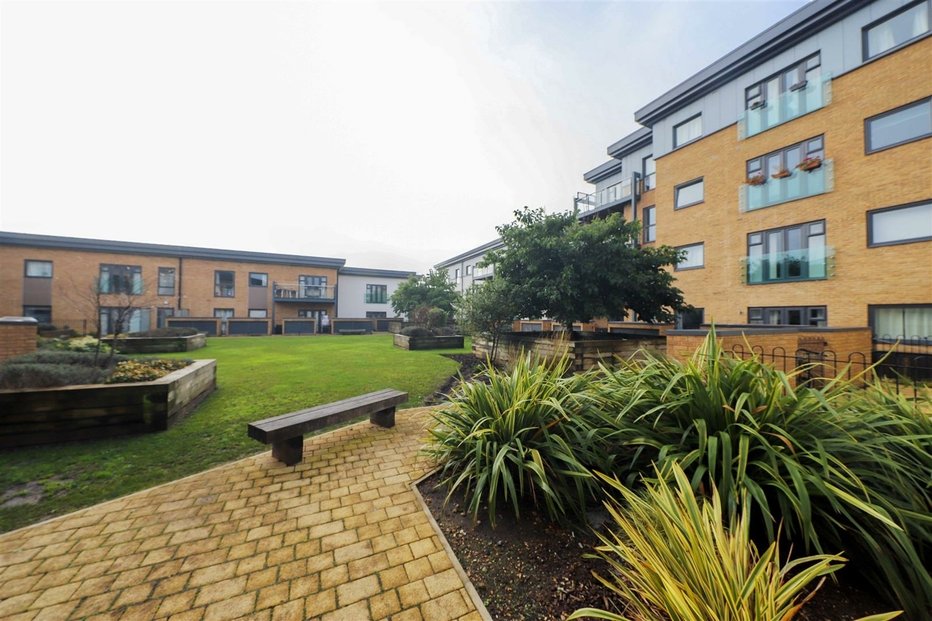
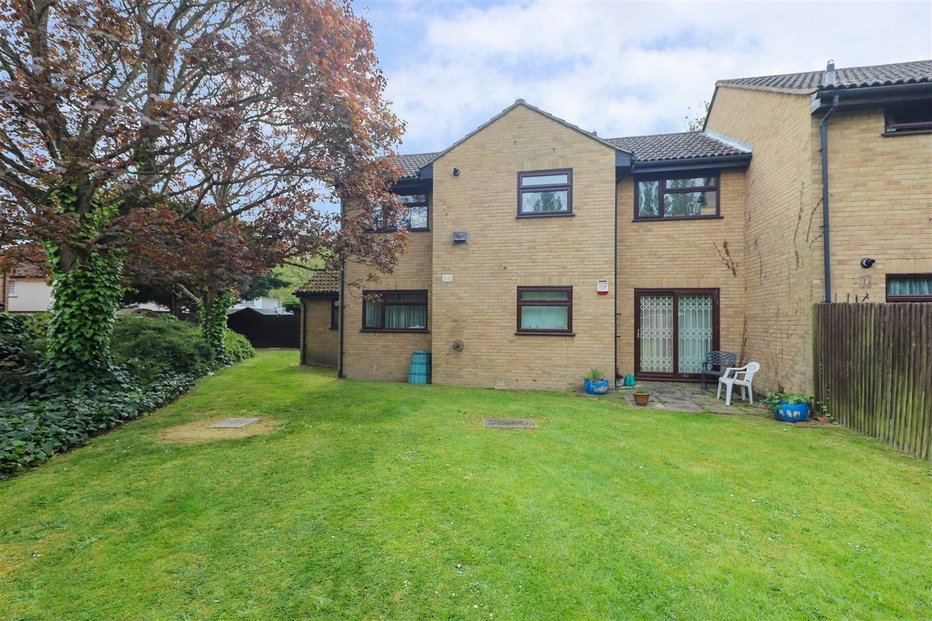
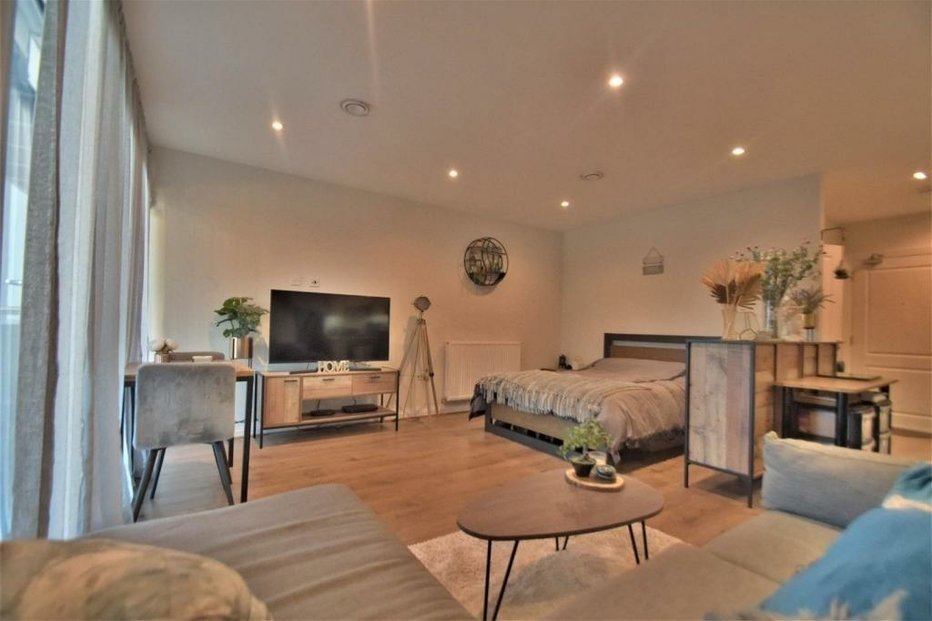
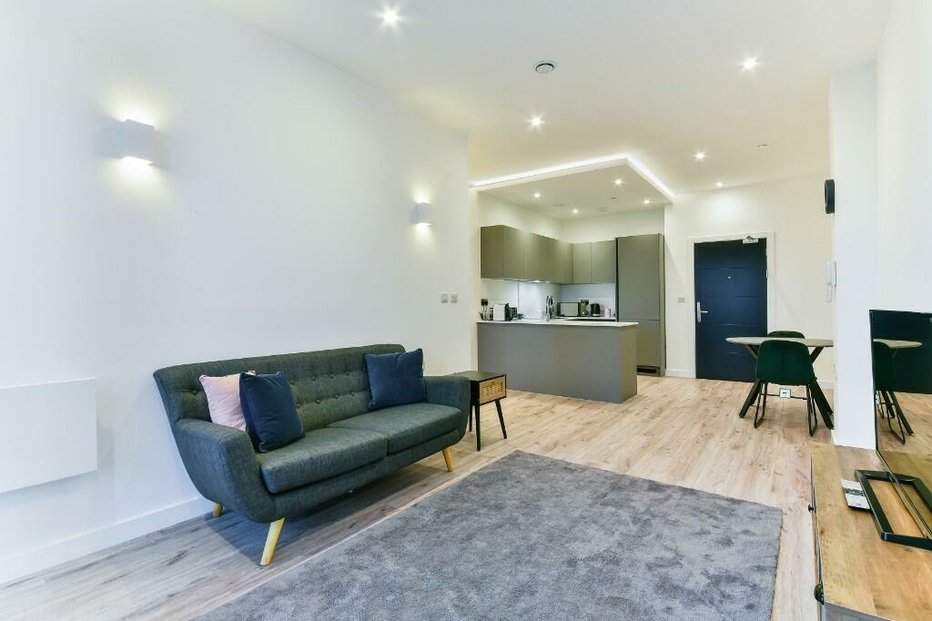
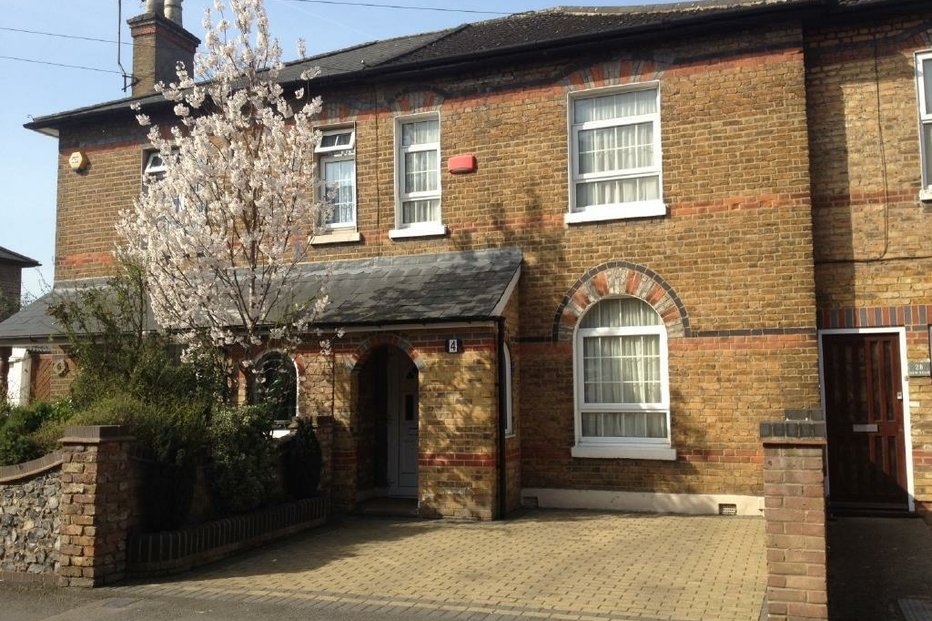
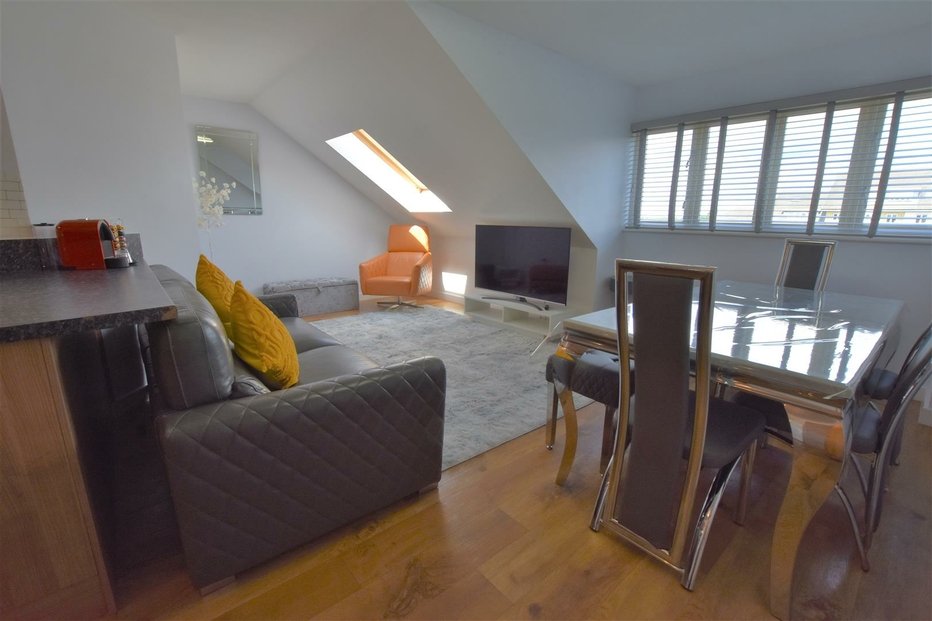



Having bought through Cameron, i felt they kept me update to date with everything that was going on. There was no hassle arranging viewings, and they helped me all the way through the process. Good, efficient service. Will definitely recommend!
... read more